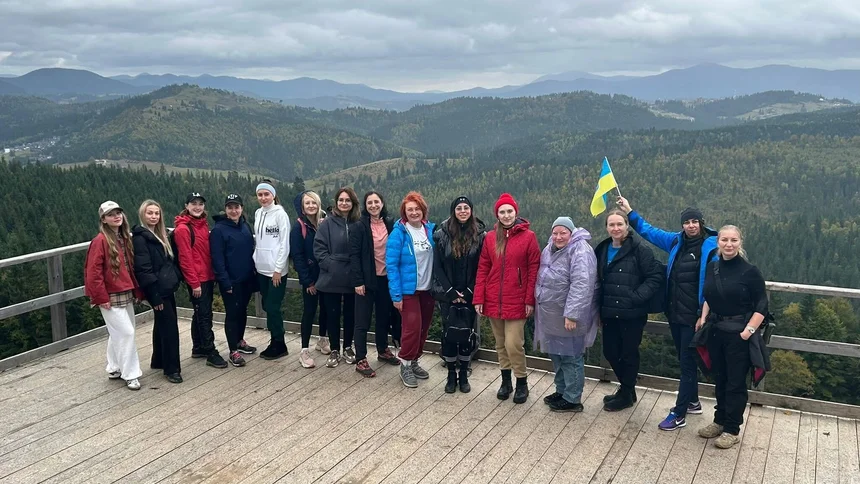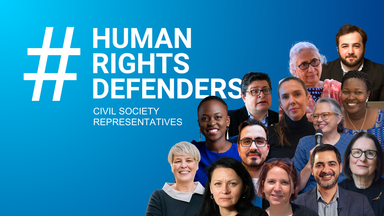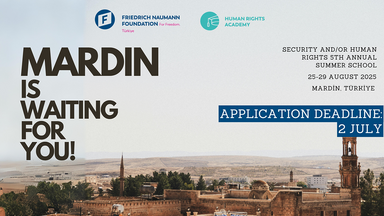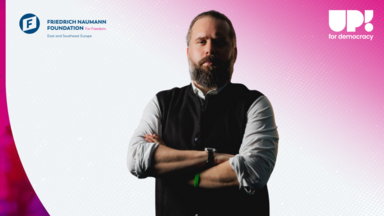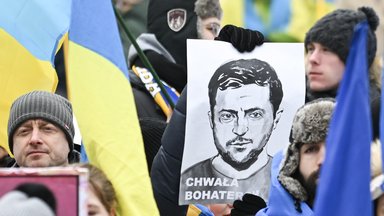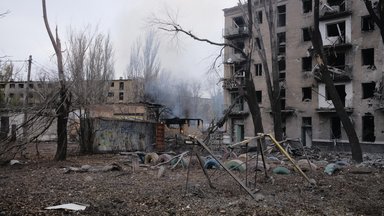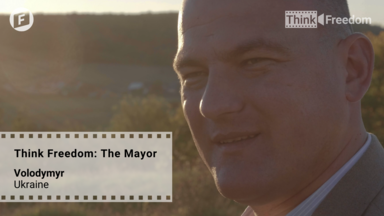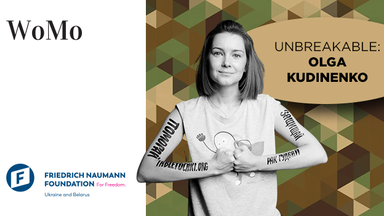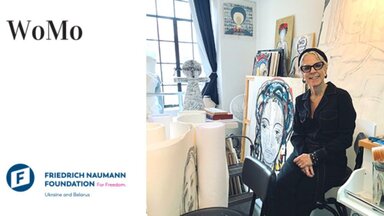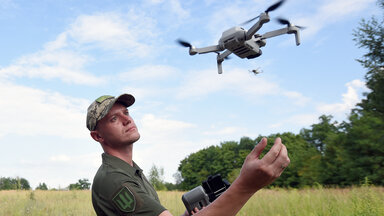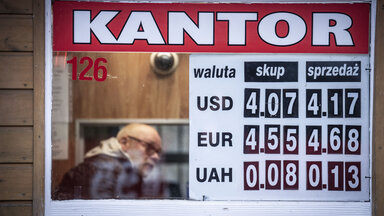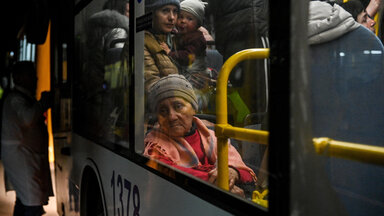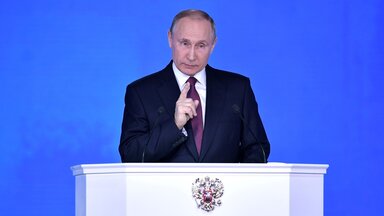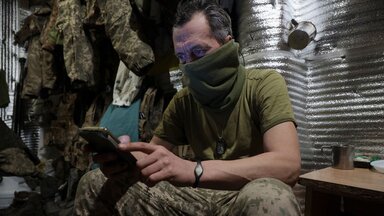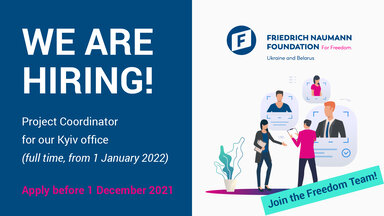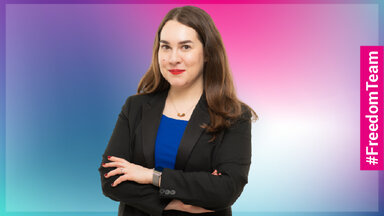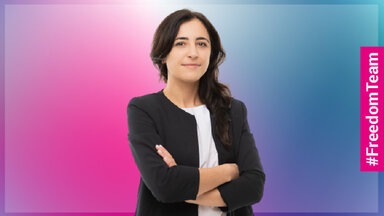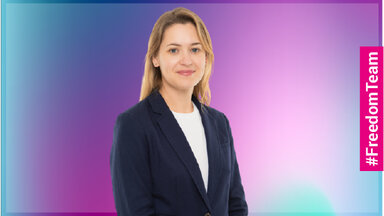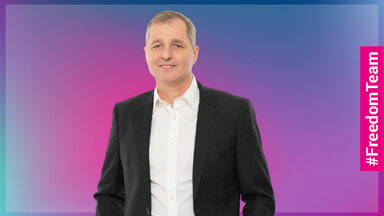Kyiv
Project Office Ukraine
As the liberal German political foundation, we help promote freedom and responsibility in our project countries by means of political education. We support like-minded partners in politics, civil society, media and science in their pursuit of an open society, the rule of law, the enforcement of universal human rights and a rule-based market economy. In addition, we create opportunities for exchange and dialogue with liberal forces across Europe and worldwide.
News
-
The Alliance of Her Ukraine Class 2025
This month, the political leadership program for women — The Alliance of Her Ukraine Class 2025 — was successfully completed! Over the past few months, the participants went through an intensive training program, gained new knowledge and valuable insights from leading experts, trainers and women politicians, and built meaningful connections with one another.
-
„Human Rights Defenders“: Civil Society Representatives
The current issue of Human Rights Defenders focuses on committed representatives of civil society who courageously stand up for human rights and freedom. In particular, it honours Gerhart Baum's lifelong commitment to defending human rights.
-
5th International Summer School on Security and/or Human Rights
International Summer School on Security and/or Human Rights in Mardin, apply now!
-
How to Become a Tyrant: The Populist Playbook
How can modern populists transform democracies into authoritarian regimes? In the “Populist Playbook” Sven Gerst examines the real threats posed by contemporary populists, contrasting them with historical tyrants. He outlines how populists identify societal grievances, polarize communities, and centralize power, ultimately undermining democratic institutions and consolidating control.
-
Three years of the Russian full-scale invasion of Ukraine: what would peace look like from the Ukrainian perspective?
Three years after Russia's full-scale invasion, Ukraine continues to fight – but what would a fair peace look like? A look at Ukrainian perspectives, security guarantees and the role of the West.
-
1000 days of resistance: Ukraine fights for freedom and Europe's future
Since the beginning of the Russian full-scale invasion on 24 February 2022, Ukraine has been fighting for its existence and sovereignty – with an unprecedented level of cohesion in the society. But the price is high: millions of displaced persons, destroyed cities, systematic human rights violations and cruel terror by Russia. Now is the time for the Western partners to make clear decisions – for a victory for Ukraine and a secure future for Europe.
-
Think Freedom: The Mayor
Слава Україні! The job of Mayor of a Ukrainian town in the middle of an incomprehensible war is impossible. Yet every day people wake up and go do it. Watch the Trailer of ‘Think Freedom: The Mayor’, featuring Volodymyr Petrovych Shmatko from Chortkiv. The full documentary is COMING up. For ten years, Ukrainians have been fighting for their freedom and independence. The fight is not just at the front, but in every attempt to live a normal life during the war.
Focus
Our Experts
Most popular
-
Javier Milei two years in office – Impressive successes and momentum heading into the new year
Argentina -
Bulgaria’s Government Has Resigned
Bulgaria -
The relevance of the BRICS in Trump’s new world order and its impact on Middle Eastern multi-alignment strategies
BRICS -
“These elections will not be free and fair”
Myanmar
